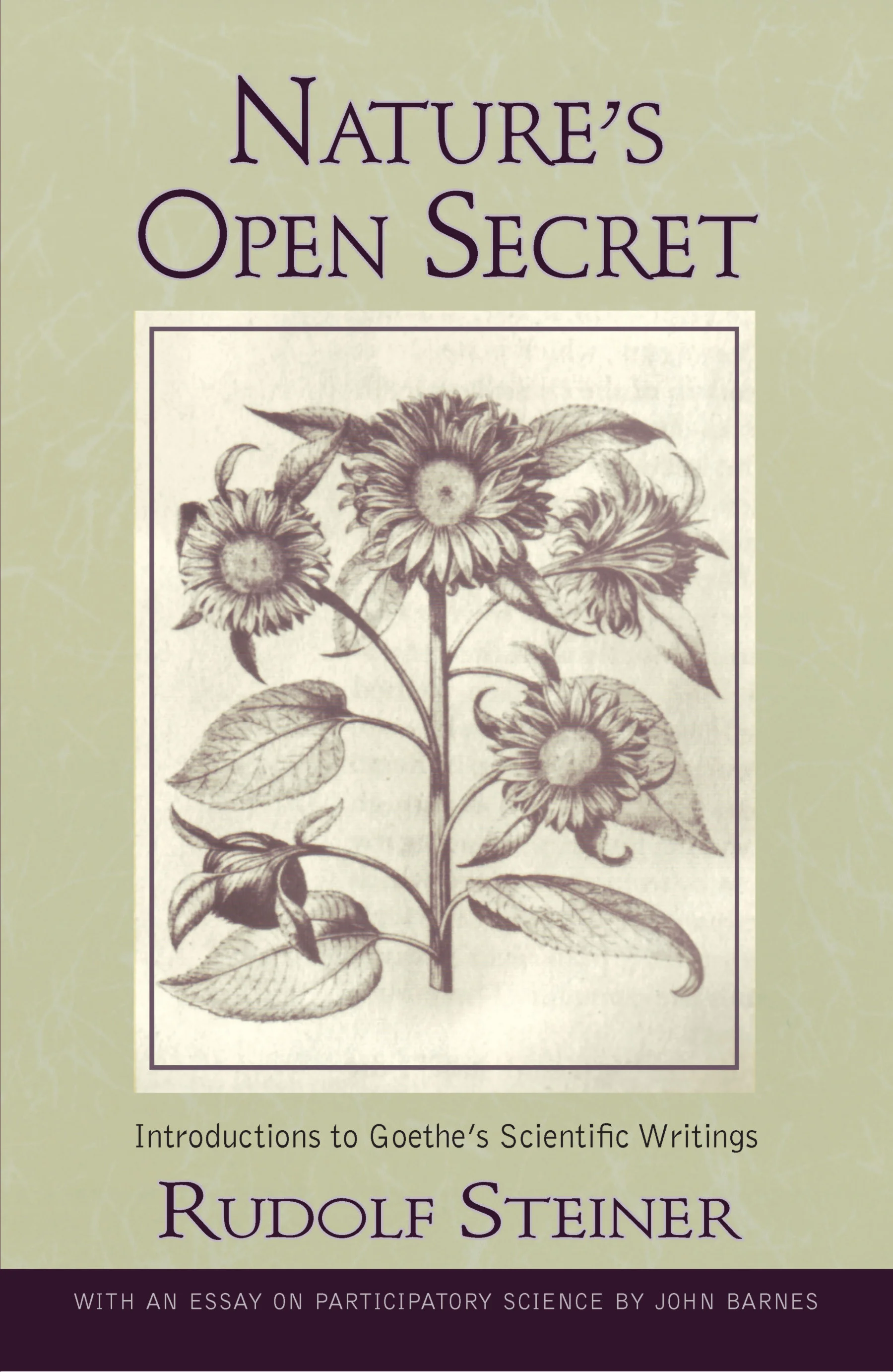Reincarnation and Immortality
Reincarnation and Immortality
DIGITAL BOOK - printed edition is out of print. This title is available exclusively as an ebook.
Anthroposophy, a mystical doctrine that grew out of theosophy, is described in terms of its basic tenets and its quest to understand the purpose and place of human beings in the universe.
Written 1901 (CW 7)
Rudolf Steiner’s science of spirit―occult wisdom―is presented here in a way that is readily understood by the modern reader through five lectures and one essay presented to the general public. In keeping with all of Steiner’s writings, this book in line with the Western esoteric tradition and the great esotericists of the West. With a short introduction on Steiner’s life, the themes are developed in modern terms. Steiner shows that immortality is not just a continuation of life after death, but also involves a continuation of life in the spiritual world through reincarnation in the physical world. He shows how we can begin to understand the mysteries of reincarnation and immortality by developing our higher faculties of imagination, inspiration, and intuition. Steiner also explores the mysteries of the human being, human evolution, the nature of Anthroposophy, and social issues.
This small book is an excellent introduction to Anthroposophy and the Western concepts of reincarnation and karma.
About the Author
Rudolf Steiner (1861–1925) was born in the small village of Kraljevec, Austro-Hungarian Empire (now in Croatia), where he grew up. As a young man, he lived in Weimar and Berlin, where he became a well-published scientific, literary, and philosophical scholar, known especially for his work with Goethe’s scientific writings. At the beginning of the twentieth century, he began to develop his early philosophical principles into an approach to systematic research into psychological and spiritual phenomena. Formally beginning his spiritual teaching career under the auspices of the Theosophical Society, Steiner came to use the term Anthroposophy (and spiritual science) for his philosophy, spiritual research, and findings. The influence of Steiner’s multifaceted genius has led to innovative and holistic approaches in medicine, various therapies, philosophy, religious renewal, Waldorf education, education for special needs, threefold economics, biodynamic agriculture, Goethean science, architecture, and the arts of drama, speech, and eurythmy. In 1924, Rudolf Steiner founded the General Anthroposophical Society, which today has branches throughout the world. He died in Dornach, Switzerland.
Need help? Click here for eBook FAQs.





